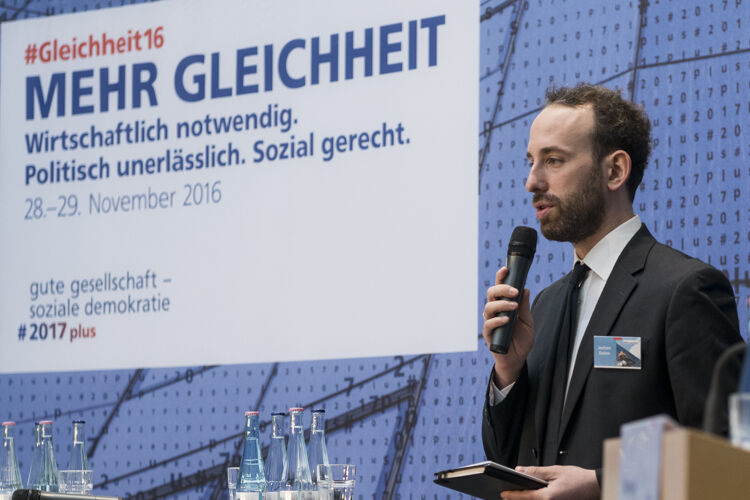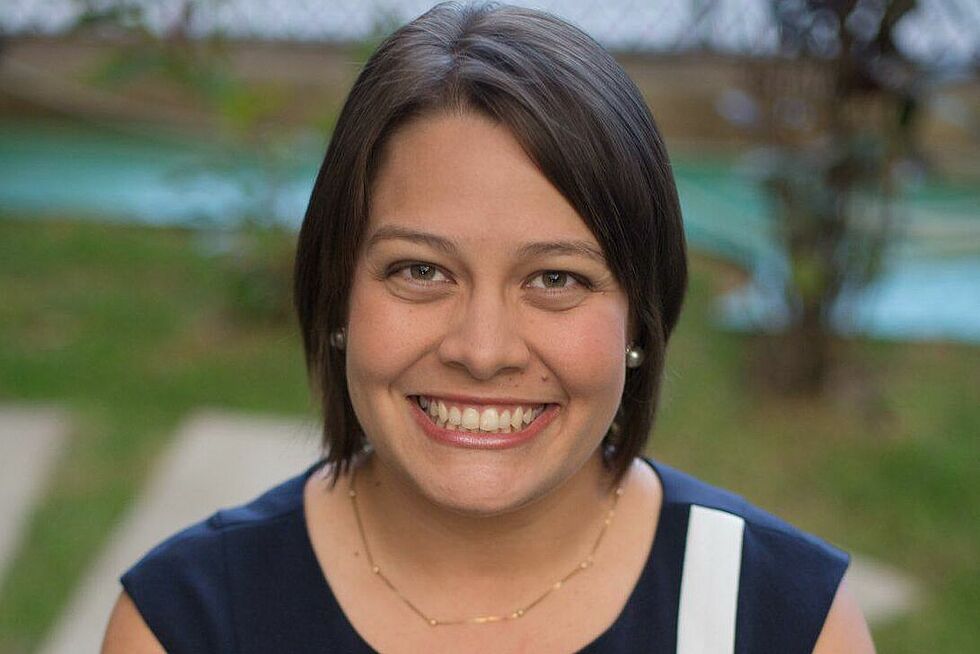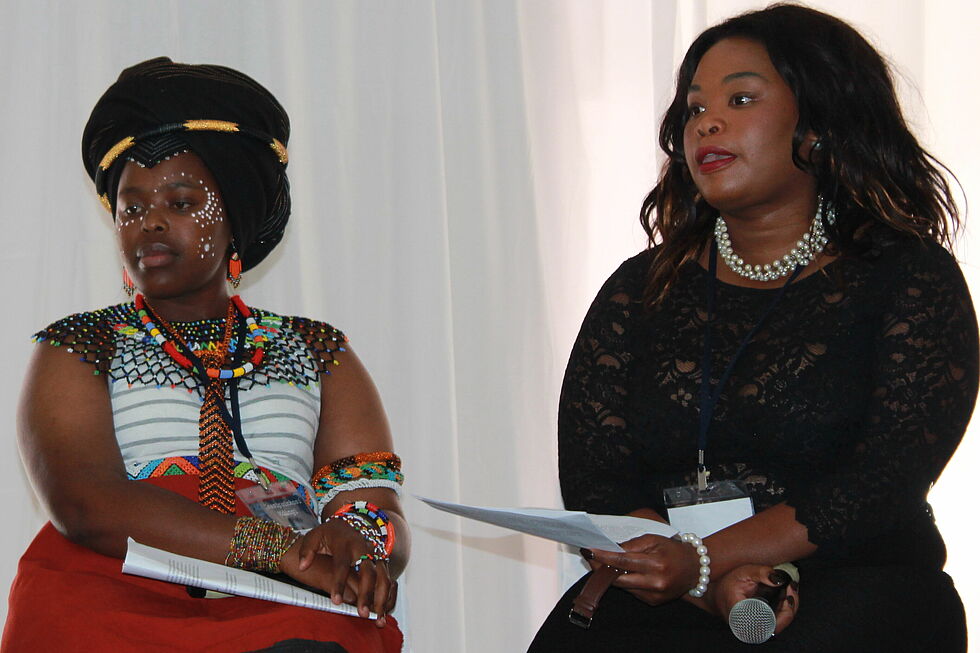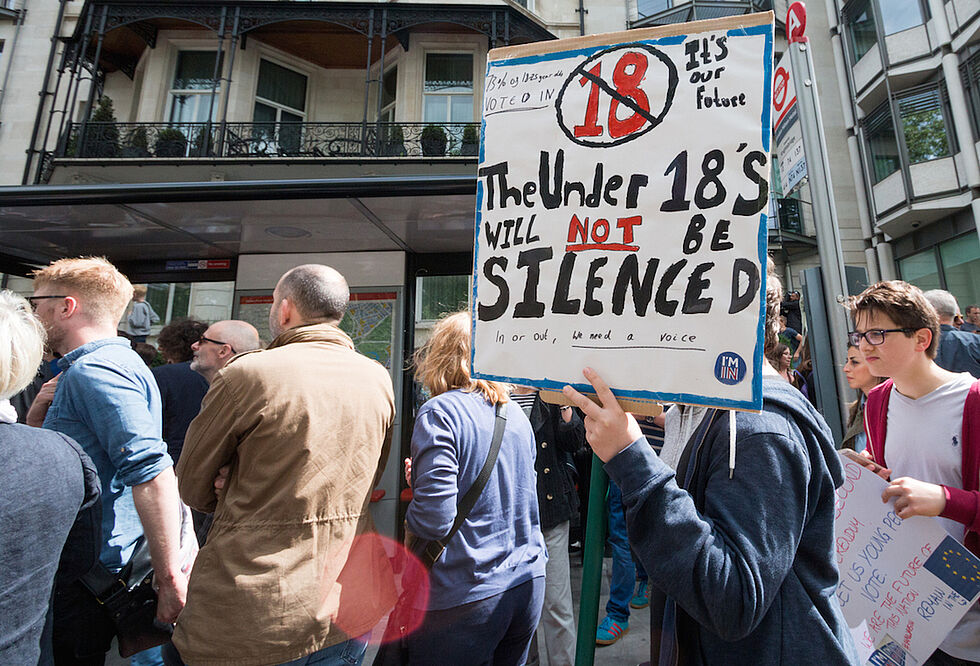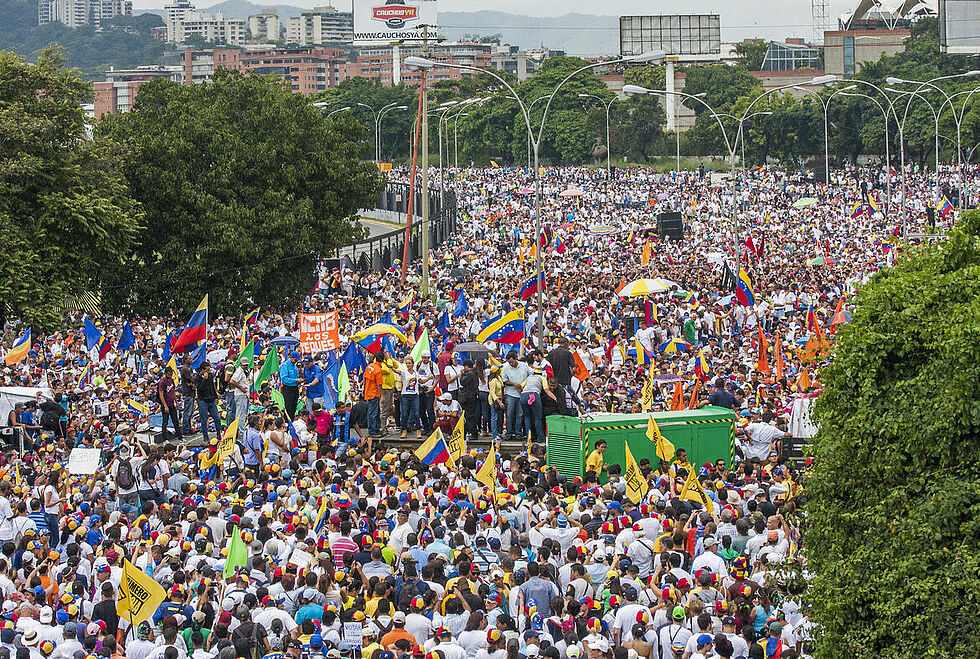December-January: civic education, political participation, populism
You may have noticed the latest trending URL on the web ― alternativefacts.com, a namesake to the phrase coined by Trump’s advisor Kellyanne Conway to describe the inflated numbers report for the US Presidential Inauguration. The URL redirects visitors to an article on the psychological phenomenon gaslighting, defined as “a manipulation tactic to gain power.”
This online subversive act comes to no surprise if we consider the post-factual political reality of fake news, where public debates are framed largely by emotions, the rebuttal of facts and the silencing of dissent. Yet, new movements and coalitions against the post-truth politics are forming and reflect the distrust in institutions and political parties which stands behind some of the radical referendum results of 2016 and the rise of right-wing populist coalitions in Europe. These trends reveal more than ever the importance of political education to support citizen´s participation towards democracy.
For decades, the Friedrich-Ebert-Stiftung has worked as an adult education institution, founded in 1925 to accomplish the very mission of furthering political education, in Germany and abroad.
For this bimonthly issue of our newsletter we contacted FES offices and partners across the continents, from the Americas, to Europe and Asia to highlight programs on political education and the work by FES to support active participation of citizens in the civil society, the labour movement and in various parts of the political processes. So, what does the work on political education entail and what complementary paths do we need to achieve a just society?
Read on and engage!
Your FES Connect Editorial Team
